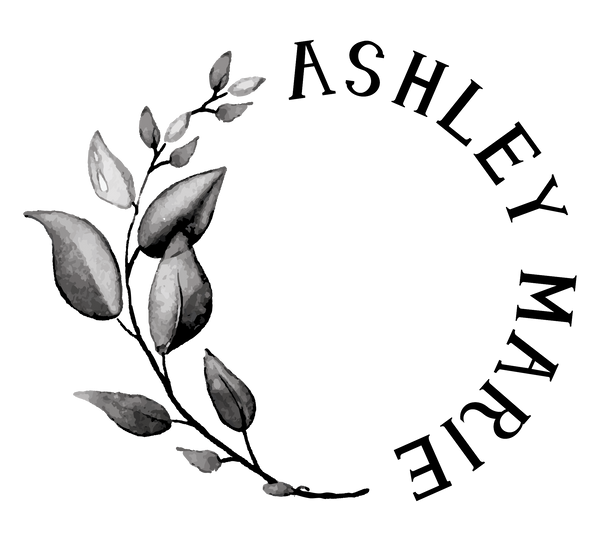Soap is an everyday essential that we often take for granted, but its origins are rich in history and tradition. For centuries, soap has been crafted from natural ingredients, playing an important role in hygiene and skincare. From ancient civilizations to the artisanal techniques of today, let’s take a journey through the fascinating history of soap making.
Ancient Origins of Soap
The earliest evidence of soap dates back to ancient Babylon around 2800 B.C. Archaeologists discovered clay cylinders with inscriptions indicating that fats were boiled with ashes, the basic method of soap production. The Babylonians used this soap-like material primarily for cleaning wool and textiles, but over time, its use in personal hygiene became more widespread.
Around 1500 B.C., the ancient Egyptians also developed a soap-like substance made from animal fats and plant oils, combined with alkaline salts. The Egyptians were known for their focus on cleanliness and skincare, often using these early forms of soap for bathing and treating skin conditions.
Soap in the Roman Empire
The word “soap” itself has roots in ancient Rome, specifically in a legend surrounding Mount Sapo, a site where animals were sacrificed. Rain would wash the fat from the sacrifices and mix it with ash from the fires, creating a soapy substance in the nearby clay soil. According to the story, women washing clothes in the Tiber River noticed that this mixture made their laundry cleaner.
By the 2nd century A.D., the Romans were making soap more intentionally, using it not only for cleaning but also for medicinal purposes. Roman baths became social hubs where soap played a central role in personal hygiene and relaxation.
Medieval and Renaissance Soap Making
In medieval Europe, soap making was revived and improved, particularly in regions like Spain, Italy, and France, where olive oil was abundant. These areas became known for producing high-quality soaps made from olive oil and alkaline salts, referred to as "Castile soap," which remains popular today for its purity and gentleness.
Soap making during this period was a guarded trade, and soap makers were highly respected craftsmen. The techniques were often passed down through generations, with many soap makers working in small, family-owned workshops, much like the artisanal makers we see today.
The Rise of Industrial Soap
The Industrial Revolution in the 18th and 19th centuries transformed soap making from a small-scale craft into a mass-produced commodity. The discovery of processes to synthesize alkalis from salt (thanks to French chemist Nicolas Leblanc) allowed soap production to become more efficient and accessible. Soap became a household staple, but unfortunately, many commercial soaps began using synthetic ingredients and detergents, moving away from the natural ingredients used in traditional soap making.
A Return to Tradition: The Modern Art of Handmade Soap
In recent decades, there has been a resurgence in the appreciation for natural, handcrafted soaps. Many people are drawn to the simplicity and purity of traditional soap making methods, where natural oils, butters, and essential oils replace the synthetic chemicals found in mass-produced soaps.
Artisan soap makers, like us at [Your Business Name], honor these age-old traditions, handcrafting each bar using natural ingredients such as plant-based oils, organic essential oils, and natural colorants like clays and botanicals. Just as it was centuries ago, the process remains focused on using only the purest materials to create nourishing, skin-friendly soap.
Why Handmade Soap is Better for You
Handmade soap is not just a luxurious treat; it’s also better for your skin. By using the cold-process method, we retain the naturally occurring glycerin, a humectant that helps lock moisture into your skin. Each bar of soap is made in small batches to ensure quality and care in every piece. No harsh detergents, synthetic fragrances, or artificial colorants—just simple, all-natural ingredients inspired by centuries of soap making tradition.
Conclusion
From ancient Babylon to modern-day artisanal makers, the tradition of soap making has come full circle. At Ashley Marie Soap, we take pride in preserving the art of handcrafted soap making, creating beautiful, natural products that nourish your skin and bring a bit of history into your daily routine.
Each bar tells a story, rooted in thousands of years of craftsmanship, care, and respect for nature. Try our handcrafted soaps and experience the difference that traditional, all-natural soap making can make!


